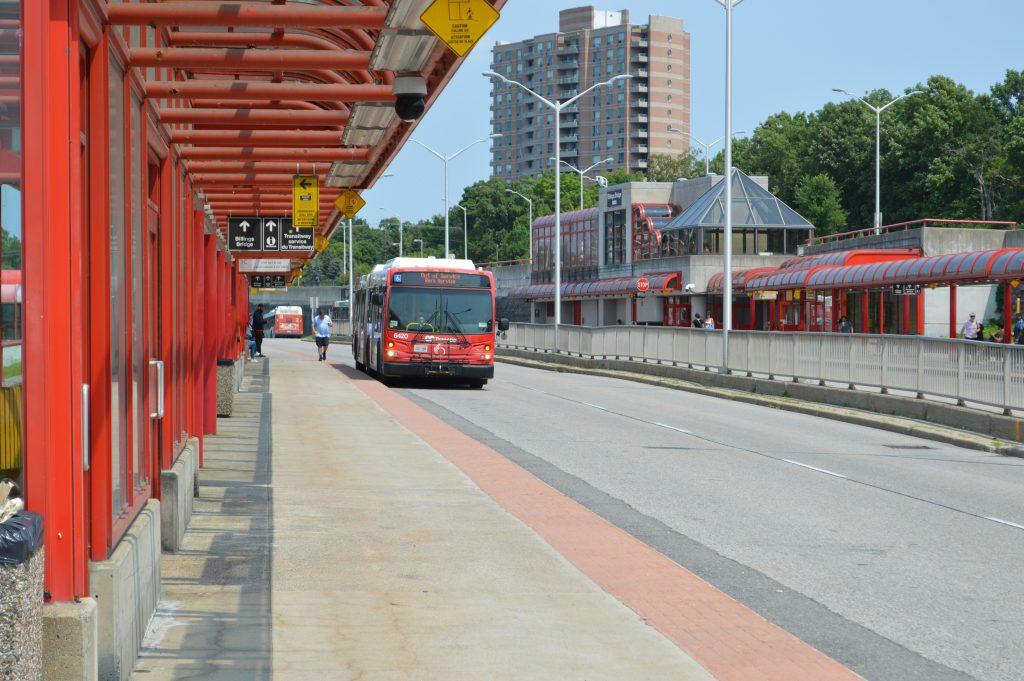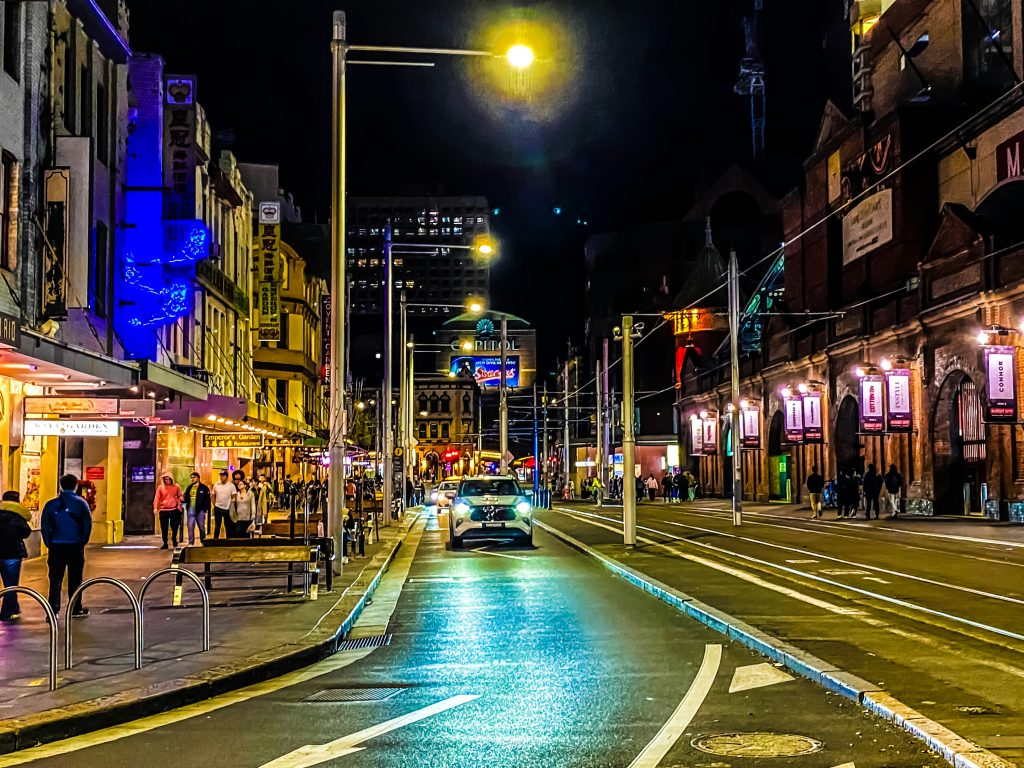Exciting Developments in Miami: New Orthopaedic Surgeon and Leadership Changes in Education and Transit
Miami is witnessing a wave of significant changes that promise to enhance the community’s health and infrastructure. Dr. Tyler Kalbac has recently joined the Orthopaedic & Sports Medicine Center of Miami. With expertise in general orthopaedic surgery and a specialization in foot and ankle care, Dr. Kalbac’s addition is expected to bring advanced surgical options and improved patient care to the region. His commitment to high-quality healthcare aligns perfectly with the center’s mission to provide comprehensive orthopaedic services to the Miami community.
In a separate but equally important development, the Miami-Dade County School Board convened on September 11, where board member Mary Blanco introduced a crucial agenda item. This item, H-7, seeks to authorize the Superintendent to take necessary actions regarding the school district’s operations and future initiatives. This proactive approach reflects the board’s dedication to addressing the evolving educational landscape and ensuring that Miami’s schools are well-equipped to meet the needs of their diverse student population.
Lastly, the Underline project, an ambitious urban park initiative designed to transform the land beneath Miami’s Metrorail into a vibrant green space, continues to make strides. The park has recently welcomed Miami-Dade’s current transit chief into its leadership team, a strategic move that underscores the project’s importance in enhancing public transportation and urban development. With a senior member of Mayor Daniella Levine Cava’s administration on board, the Underline is poised to strengthen its integration with the city’s transit system, ultimately benefiting residents and visitors alike.
These developments highlight Miami’s ongoing commitment to health, education, and urban growth. As the community embraces these changes, residents can look forward to improved healthcare services, a robust educational framework, and enhanced public spaces that foster connections and promote well-being. Miami stands at the forefront of innovative solutions that aim to enrich the lives of its inhabitants, making it an exciting time for the city as it continues to evolve and thrive.
Tags: Miami, Orthopaedics, Urban Development
Birmingham’s Vibrant Landscape: A Mix of Hospitality Changes and Culinary Innovations
Birmingham, a city known for its rich cultural tapestry and industrial heritage, is experiencing notable shifts in both its hospitality and food sectors. Recently, the iconic apartment-hotel, Staying Cool at Rotunda, closed its doors after a successful 15-year run. This closure marks the end of an era for a venue that has offered visitors a unique blend of modern comfort and panoramic views of the city skyline.
The Rotunda, which became a symbol of Birmingham’s urban revival, provided not just a place to stay but also a distinctive experience, attracting both business and leisure travelers alike. Its closure raises questions about the future of hospitality in Birmingham, especially in a post-pandemic landscape where the tourism industry is still recovering. As the city adapts to changing consumer preferences and economic challenges, the hospitality sector must innovate to remain competitive.
In contrast to this shift in accommodation, Birmingham’s food scene is witnessing exciting developments. The Birmingham Food Council has taken an innovative approach to engage food sector professionals, planners, and policymakers by creating a game designed to enhance understanding of systemic shocks within the food industry. This initiative aims to foster collaboration and improve resilience against future disruptions. By simulating various scenarios, participants can explore the complexities of food systems and develop strategies to address challenges such as supply chain disruptions, sustainability concerns, and public health issues.
The game serves as a valuable tool for stakeholders to navigate the evolving food landscape and is a testament to Birmingham’s commitment to fostering a resilient and sustainable food ecosystem. As the city seeks to not only recover but thrive in the face of adversity, initiatives like this highlight the importance of innovation and cooperative efforts among local entities.
As Birmingham continues to evolve, it remains a city of contrasts, with its historical roots juxtaposed against a backdrop of modern challenges and opportunities. While the closure of Staying Cool at Rotunda signifies a shift in the hospitality landscape, the proactive steps taken by the Birmingham Food Council to engage stakeholders in meaningful dialogue represent a forward-thinking approach to the culinary arts.
As stakeholders in both sectors look towards the future, it is crucial for Birmingham to harness its entrepreneurial spirit and creativity to attract new visitors and support local businesses. The city has the potential to become a leader in sustainable tourism and food production, providing a model for other urban centers facing similar challenges.
In conclusion, Birmingham is at a crossroads, navigating the complexities of change within its hospitality and food sectors. The closure of a beloved hotel and the innovative responses from the Birmingham Food Council reflect the city’s resilience and adaptability. Moving forward, it will be essential for Birmingham to cultivate its unique identity, promote its culinary talents, and create an inviting atmosphere for both residents and visitors. By embracing change and fostering collaboration, Birmingham can secure its place as a vibrant and dynamic city for years to come.
Tags: Birmingham, Food Innovation, Hospitality, Sustainability, Urban Development


